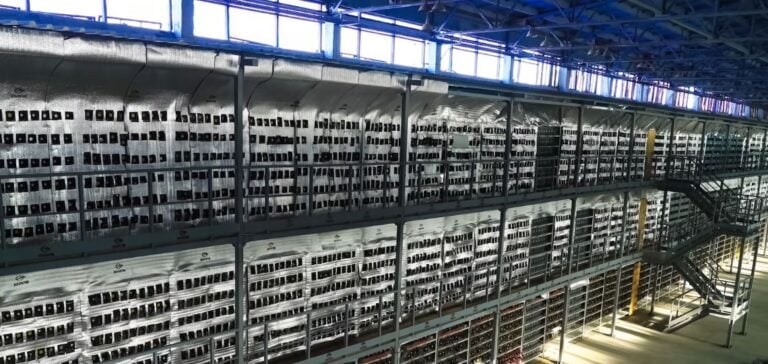Thai authorities have put an end to the activities of nine clandestine Bitcoin mining farms, a process requiring significant electricity resources. These illegal operations have caused losses estimated at over 10 million baht (approximately €271,345) for local electricity providers, according to the police.
The case began with a report from a resident of the Surat Thani province in southern Thailand, who noticed surveillance cameras installed around an unoccupied house. The Central Investigation Bureau (CIB), in partnership with the Provincial Electricity Authority (PEA), conducted a search of the premises. They discovered equipment intended for cryptocurrency mining, including high-performance computing machines.
An Organized Illegal Network
Following this discovery, eight other similar sites were identified and searched. Investigations revealed that the farm operators had tampered with electricity meters to bypass costs and obtain the electricity needed for their activities without payment.
Two individuals, both 30 years old, were arrested and face charges of electricity theft and illegal operation of mining equipment. Under Thai law, while Bitcoin mining is legal, it is strictly regulated by fiscal and technical policies. The suspects face severe legal consequences, including substantial fines and potential imprisonment.
A Massive Energy Consumption
Bitcoin mining relies on a complex process that requires significant computing power. Miners validate blocks of data containing recent transactions in exchange for a reward in newly created Bitcoin. This process, known as “proof of work,” is highly energy-intensive.
Thailand, where electricity costs are relatively low, has become a favored destination for cryptocurrency miners. However, this activity, legal under certain conditions, increasingly attracts clandestine networks seeking to evade taxes and regulations.
A Global Trend
These dismantlings come as Bitcoin reaches historic highs, with its price nearing $90,000. This record is linked to geopolitical factors, including the recent reelection of Donald Trump in the United States, which has heightened investor interest in digital assets.
Bitcoin, created by an anonymous individual or group under the pseudonym Satoshi Nakamoto, is programmed to reach a fixed limit of 21 million units by 2140. This programmed scarcity, coupled with growing interest in cryptocurrencies, continues to drive the activities of both legal and illegal miners.






















